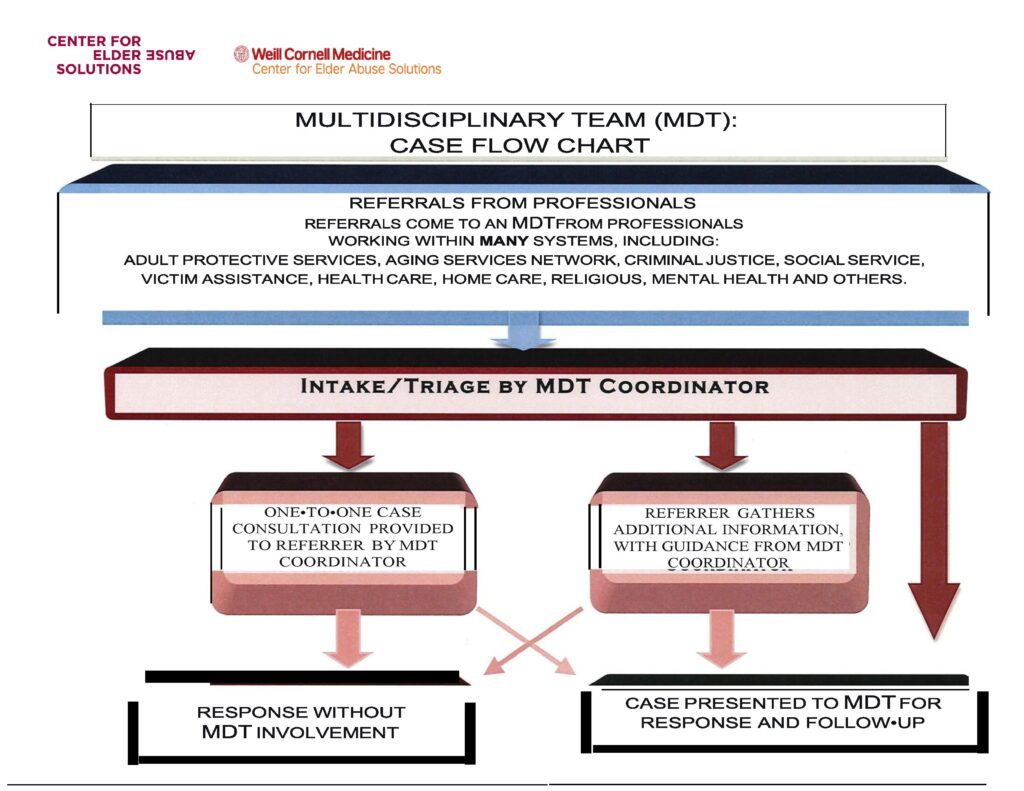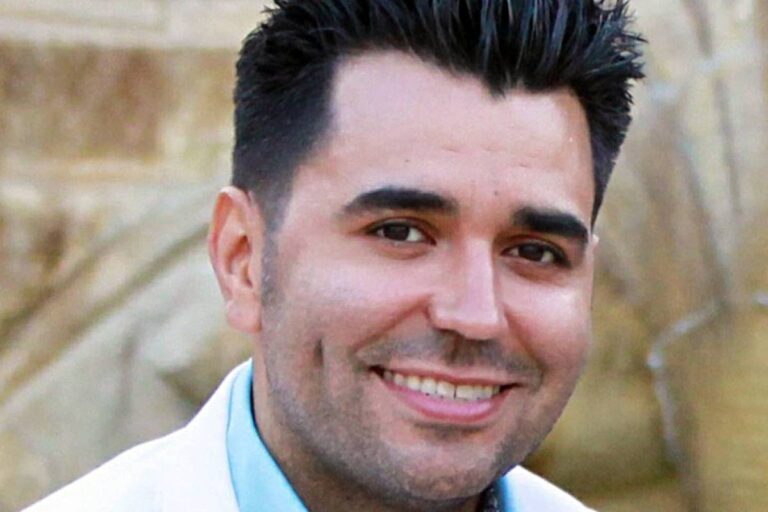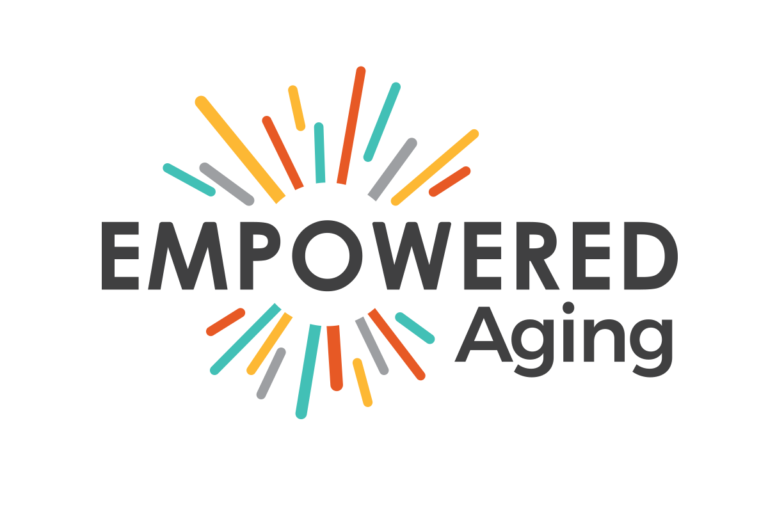



Grace Cheong is the Program Manager for the National Center, overseeing its strategic direction and day-to-day operations. The Center is a program of Weill Cornell Medicine’s New York City Elder Abuse Center. Grace has over 20 years of experience in policy development and program…

Our theme this month is “Community Engagement.” An E-MDT’s success and health is so much a function of it being n integral part of the community and for the community to be an integral part of the E-MDT. The Team needs to reflect the community it serves, regarding the social categories of race, gender, orientation, culture, language, socioeconomic issues, geographical, and abilities.

Karen Yost, MA, has over 30 years’ experience providing, developing, and overseeing services for individuals with behavioral health issues, SUDs, and intellectual/developmental disabilities. She is a Licensed Social Worker and Licensed Professional Counselor. In addition, she is a Nationally Certified Counselor, Approved Licensed Professional…

Israel Del Toro is the Neighborhood and Business Services Administrator for the City of Pasadena, California. Israel co- chairs the Pasadena Elderly and Dependent Adults Liaisons (PEDAL), in partnership with the Pasadena Department of Public Health, and Israel facilitates weekly meetings. The Pasadena Elderly…

Dr. Jacque Gray is a Choctaw/Cherokee retired associate professor with the Center for Rural Health (CRH) at the University of North Dakota (UND) School of Medicine & Health Sciences. Gray is a partner in the National Center for State and Tribal Elder Justice Coalitions…

My name is Daunje Sanders, and I am the new Program Manager for the Solano County Elder Justice Program. Prior to taking the role of the Elder Justice Program Manager, I managed the Solano County Long-term Care Ombudsman program. I have a Bachelor’s degree…